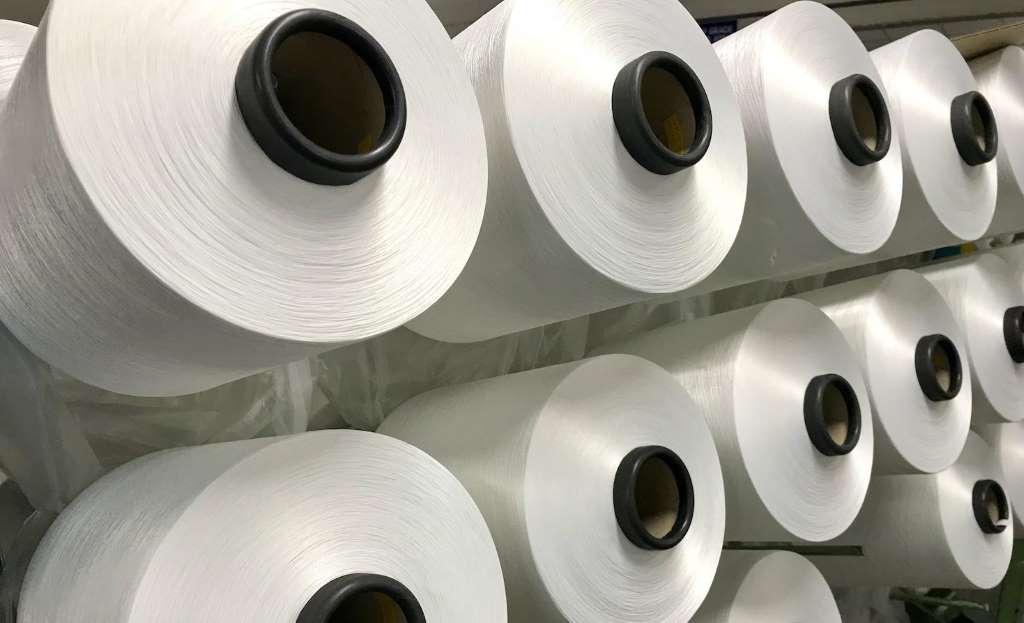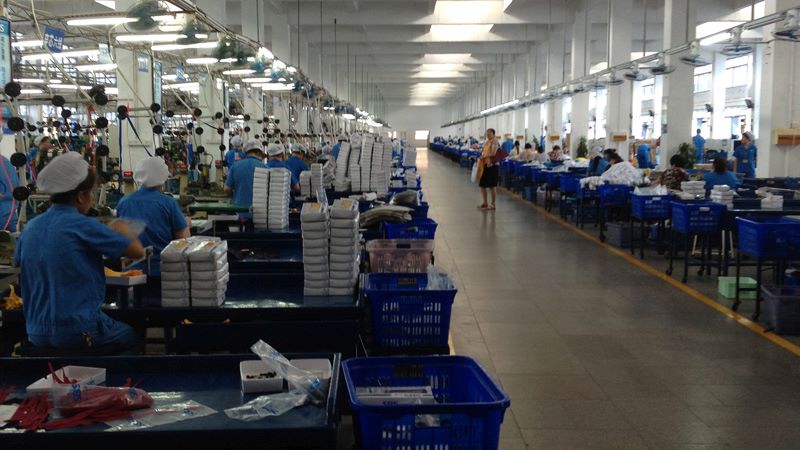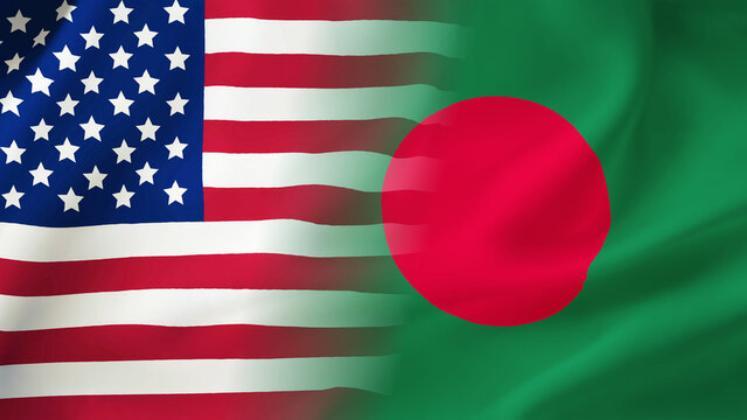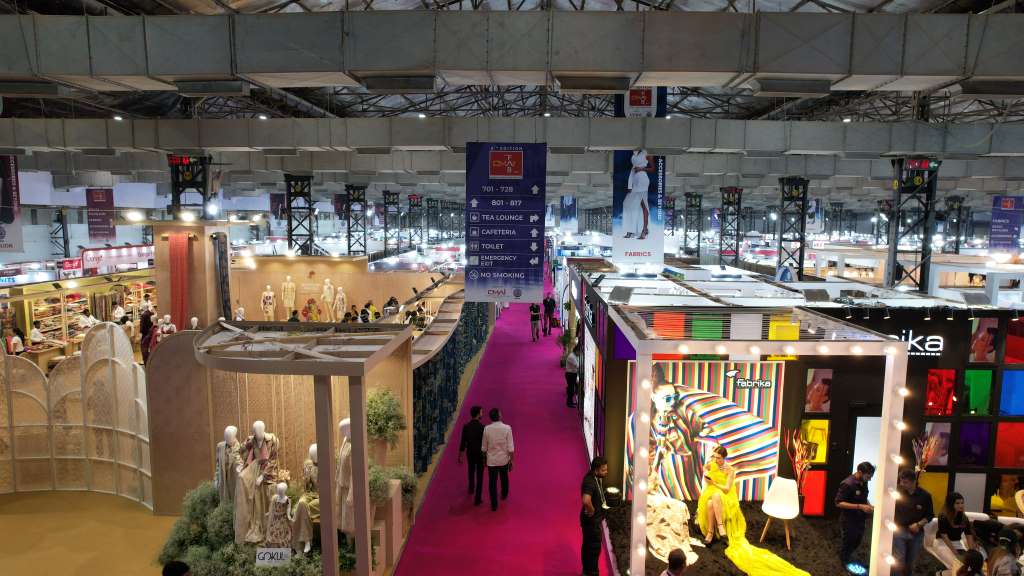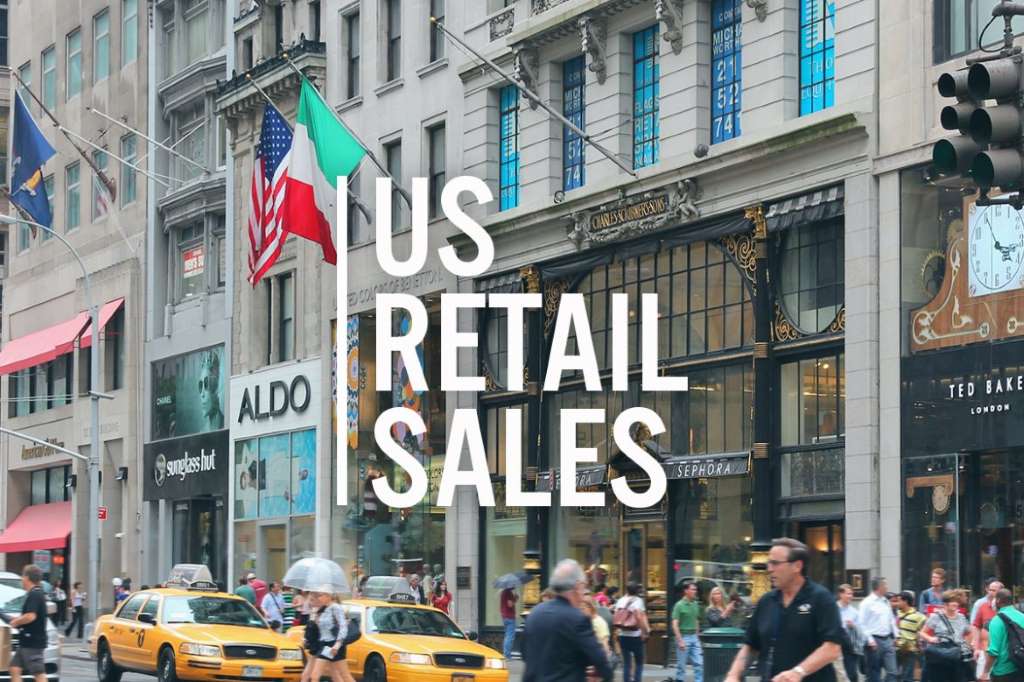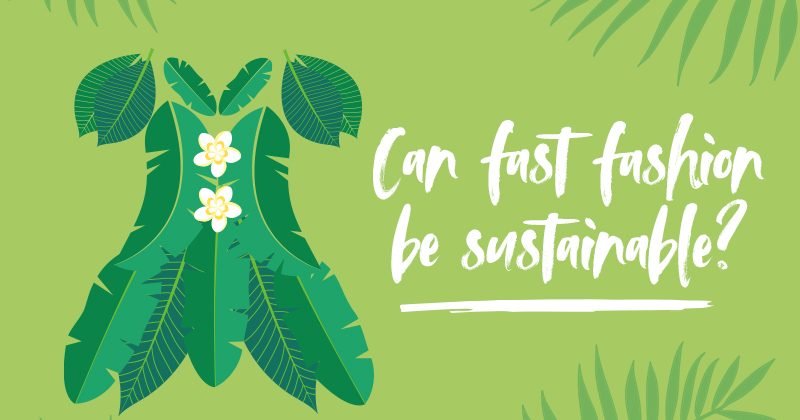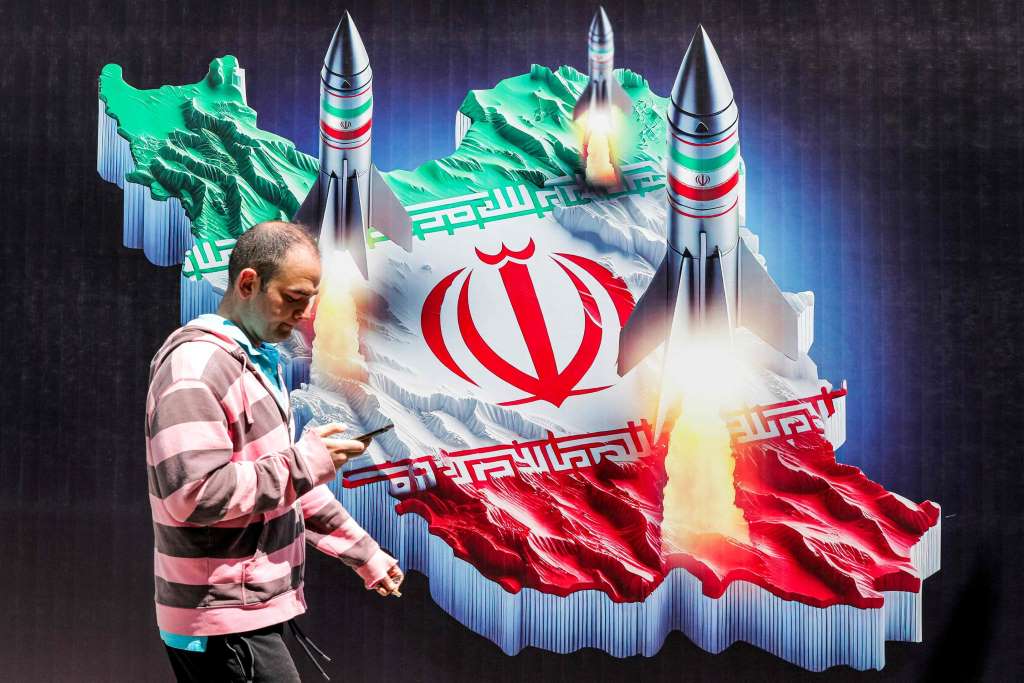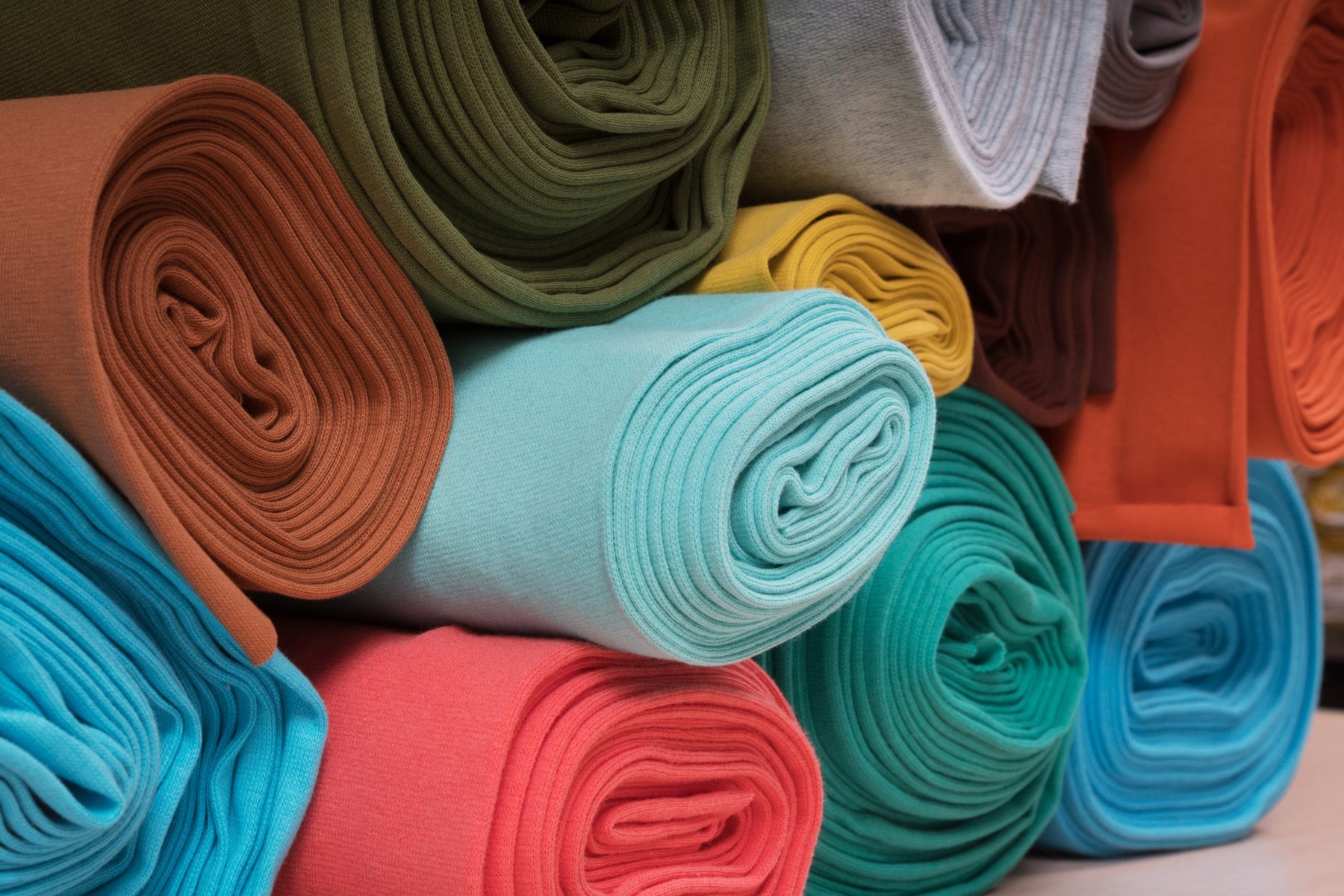 The pandemic has brought profound challenges for the global luxury goods industry. As per a Bain & Company report, luxury goods sales fell to $331 billion in 2020. They are expected to reach 2019 levels only 2022-end or early 2023. A Forbes report estimates 2021 to be a year of transition for the luxury fashion industry. The year will drive conscious shopping among consumers. A World Bank report also expects the current recession to leave long lasting scars on the global luxury market with declining investments, job losses and disintegration of global trade linkages.
The pandemic has brought profound challenges for the global luxury goods industry. As per a Bain & Company report, luxury goods sales fell to $331 billion in 2020. They are expected to reach 2019 levels only 2022-end or early 2023. A Forbes report estimates 2021 to be a year of transition for the luxury fashion industry. The year will drive conscious shopping among consumers. A World Bank report also expects the current recession to leave long lasting scars on the global luxury market with declining investments, job losses and disintegration of global trade linkages.
Minimize waste and be more responsive
The pandemic has restricted affluent consumers’ luxury purchase budgets. To boost sales, luxury fashion companies need to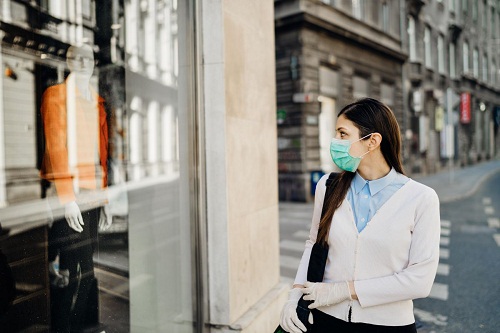 tighten supply chains, reduce waste and be more responsive. They need to engage in human resources. However, they do not need to reduce their marketing investment, say marketing professors Nirmalya Kumar, Singapore Management University and Koen Pauwels, Northeastern University.
tighten supply chains, reduce waste and be more responsive. They need to engage in human resources. However, they do not need to reduce their marketing investment, say marketing professors Nirmalya Kumar, Singapore Management University and Koen Pauwels, Northeastern University.
The pandemic spurred online luxury sales from 12 per cent in 2019 to 23 per cent in 2020, says the Bain report. The analysts expect this growth momentum to continue with e-commerce being the leading distribution channel for luxury goods till 2025.
Amazon will lead this growth with its ‘Common Threads’ storefronts. The storefronts were opened early this year by Amazon for independent brands in association with Vogue and the Council of Fashion Designers of America. In September, the e-commerce company launched its luxury stores mobile app exclusively to Amazon’s 150 million Prime members.
Bridging the gap with human emotions
Luxury brands need to program into online technology called Sensitive Technology which centers around human thought, feelings and behaviors. They need to bridge the gap with the human side of luxury, opines Daniel Langer, CEO, Équité and Professor, Pepperdine University.
By 2020-end, Statista estimates the luxury travel market to have totaled to $545 billion. The analyst expect market recovery to pre-pandemic levels to be slow, with air travel not expected to reach 2019 levels until 2024 and hotel demand delayed until 2023.
Home improvement initiatives
In 2020, consumers of luxury goods diverted all their resources to improve their experiences at home. They are now investing in high quality home furnishings and furniture, home appliances, home improvement and electronics sectors, besides paying service providers to decorate and maintain home environments. In 2021, these consumers will continue to invest in home improvement projects. Home décor brands and service providers need to make the most of this opportunity.
Once consumers step out of their homes, they will begin investing in experiential luxury goods as fine art, luxury cars, private cars, etc says the Bain report. This will help customer-focused luxury brands to emerge stronger from the pandemic. Daniel Langer, Equite, opines luxury brands need to focus on building the strongest possible brand equity. They need to adopt sustainable and socially-responsible business practices besides supporting cultural values like gender, race, sexual orientation and income equality.
Future-proofing businesses
Luxury brands also need to future-proof their businesses by catering to consumers basic needs, says Martina Olbertova, Meaning Global. They need to enhance the quality and timelessness of their products and services, she adds. According to her, the crisis has given brands an opportunity to probe into their priorities and create stronger value.

